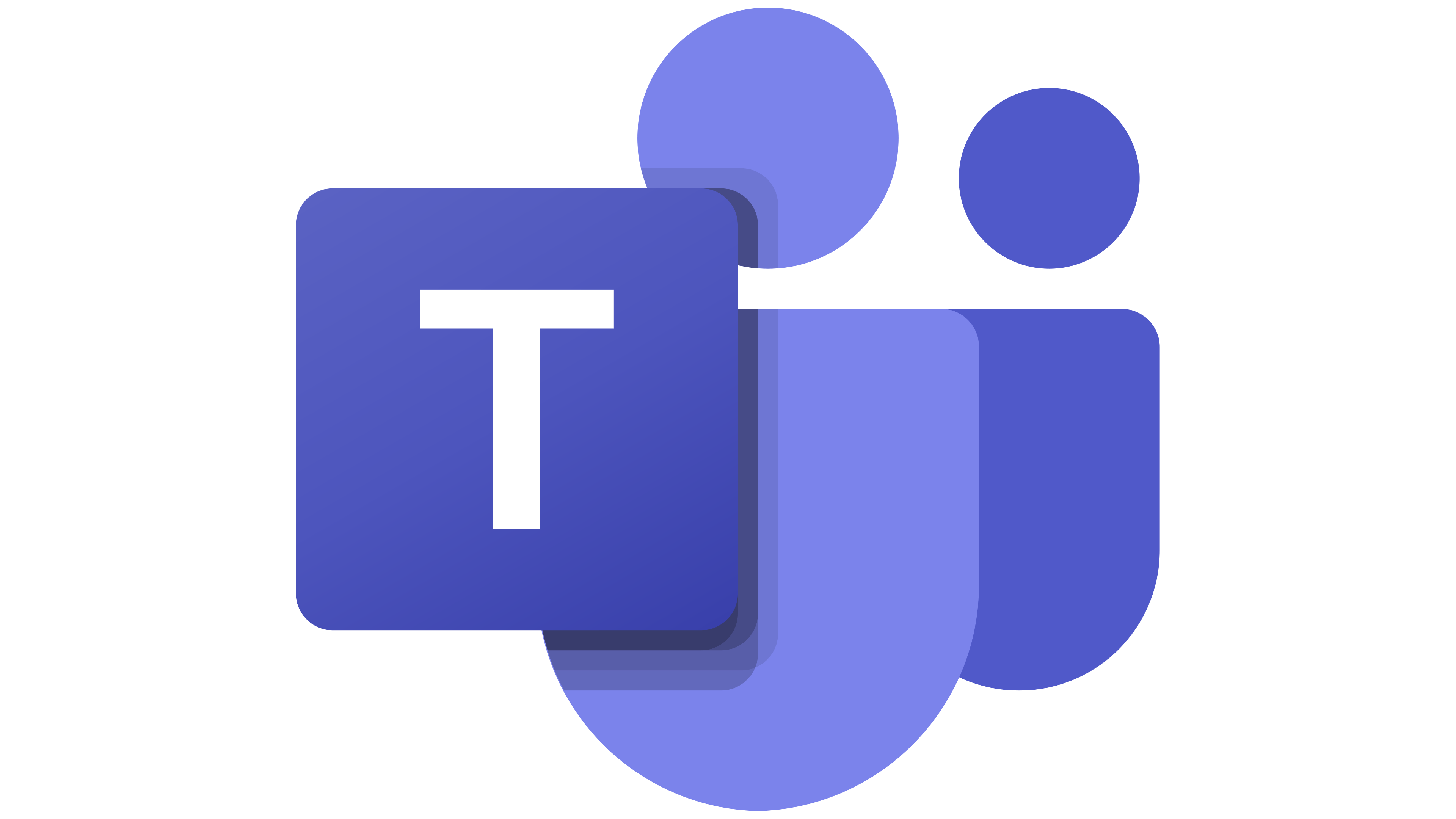In the European industrial landscape, workforce challenges are substantial. According to a French interministerial report published in November 2023, industrial projects, particularly in nuclear energy, hydrogen, and the energy transition, are rapidly expanding. However, the sector is facing an unprecedented labour shortage despite increasing hiring intentions. In response to this tension, the digitalisation of HR services is emerging as a strategic solution to tackle current challenges and prepare for the future.
Unique Aspects of HR Digitalisation in the Industrial Sector
While industrial companies were among the first to digitalise payroll and time management, they have been slower to adopt technological innovations in other HR domains, such as recruitment and career management. Additionally, the majority of employees in the industrial sector are "deskless" workers, meaning they do not have a fixed office space. This presents an additional challenge for HR digitalisation. According to a Gartner report from December 2022, this workforce accounts for 80% of the global workforce—approximately 2.7 billion people. This highlights the importance of developing tailored solutions to integrate these workers into the digital transformation.
Solutions for Inclusive Digital Transformation
To address these challenges, Neocase, as an expert in HR digitalisation, offers dedicated solutions to support European industrial companies. These solutions include:
-
Bridging the gap between white-collar and blue-collar workers in the digital transformation
-
Optimising the experience of all industrial sector employees
-
Attracting and retaining talent
-
Providing an innovative, efficient, and secure HR service portfolio
Bridging White-Collar and Blue-Collar Workers in the Digital Era
The traditional distinction between white-collar and blue-collar workers persists in the industrial sector. However, with the rapid evolution of digital technologies in HR services, it is essential to ensure that all employees, regardless of their category, can benefit from these tools to enhance their experience and efficiency. An inclusive digital approach fosters innovation, strengthens internal cohesion, and maximises the positive impact of new technologies on a diverse workforce.
Promoting Digital Inclusion in the Industrial Sector
Digital inclusion in the industrial sector requires overcoming several obstacles, including workforce diversity, multiple interaction modes, and material and cultural barriers. It is crucial to prioritise the most essential HR services and provide simple, fast, and accessible technological solutions. Simultaneously, change management efforts are necessary to raise awareness among employees and managers about the benefits of digitalisation.
Enhance Every Employee's Experience in the Industrial Sector
In a constantly evolving industrial environment, employee satisfaction is a major concern for businesses.
By 2024, European workers' expectations have shifted, with workplace well-being becoming their top priority. In response to this growing demand, companies must adapt by offering an optimised employee experience. HR digitalisation is proving to be an essential solution to meet these expectations. By providing user-friendly tools and diverse communication channels, companies can enhance accessibility and employee autonomy. Prioritising simplicity and promoting self-service are strategic choices in this process.
By enabling employees to manage their requests and needs autonomously, businesses strengthen engagement and productivity within their teams. Thus, the future of the industrial sector relies on the fusion of intuitive technologies and workplace well-being, creating an environment where every employee contributes meaningfully to success. Are you ready to shape this collaborative future?
Magnetize and Retain Employees in the Industrial Sector
To address workforce shortages and enhance the sector's image, HR digitalisation is emerging as a crucial solution. The creation of personalised portals for future employees from the moment they sign their contract not only facilitates their onboarding but also fosters early engagement.
Moreover, digital onboarding enhances job security by enabling the effective sharing of company values and culture. Streamlining interactions with HR services—whether for document downloads or quick, personalised transactions—contributes to a seamless employee experience. In a context where industrial groups operate in a competitive European market, implementing multilingual portals simplifies the management of international talent.
By 2024, digitalisation is position itself as the catalyst for industrial transformation, placing people at the heart of growth. By fostering engagement from the moment recruitment is confirmed, this evolution paves the way for a future where every employee contributes to shaping industrial success collaboratively and responsibly.
Providing secure, high-performance, and cutting-edge HR solutions
In the era of Industry 4.0, characterised by the integration of digital technologies into industrial processes, companies in this sector were among the first to digitalise payroll and time management. However, unlike other industries, they have been slower to leverage HR technological innovations to optimise recruitment or career management. The very nature of their workforce partially explains this gap in adopting new technologies. Nevertheless, the emergence of Industry 4.0 presents a unique opportunity to revolutionise HR functions as well.
By deploying an innovative HR strategy that incorporates advanced technologies such as talent management systems, online learning platforms, and HR data analytics, companies can offer a connected and efficient employee experience. For instance, automating administrative tasks frees up time for higher-value activities and ensures greater accuracy and consistency in HR operations.
Similarly, integrating AI into talent management enhances the relevance of outcomes and improves operational efficiency. At the same time, fostering a culture of transparency through digitalised HR processes creates a psychologically safe environment, conducive to innovation and collaboration. Thus, by adopting an innovative and high-performing approach to HR services, industrial companies can align with Industry 4.0 principles and secure a sustainable and prosperous future for their workforce.
Conclusion
The digital transformation of HR services is crucial for the European industrial sector. It enables companies to attract and retain talent, improve internal process efficiency, and ensure employee safety and well-being. By adopting an inclusive, innovation-driven, and digital-first approach, the industrial sector can shape a promising future, enhancing its competitiveness and creating a work environment that fosters collaboration and performance.

 Microsoft Teams
Microsoft Teams
 Workday
Workday

.png?width=2041&height=389&name=Footer-email-report-%20Ebook%201%20-%20Enhance%20employee%20experience%20(2).png)



